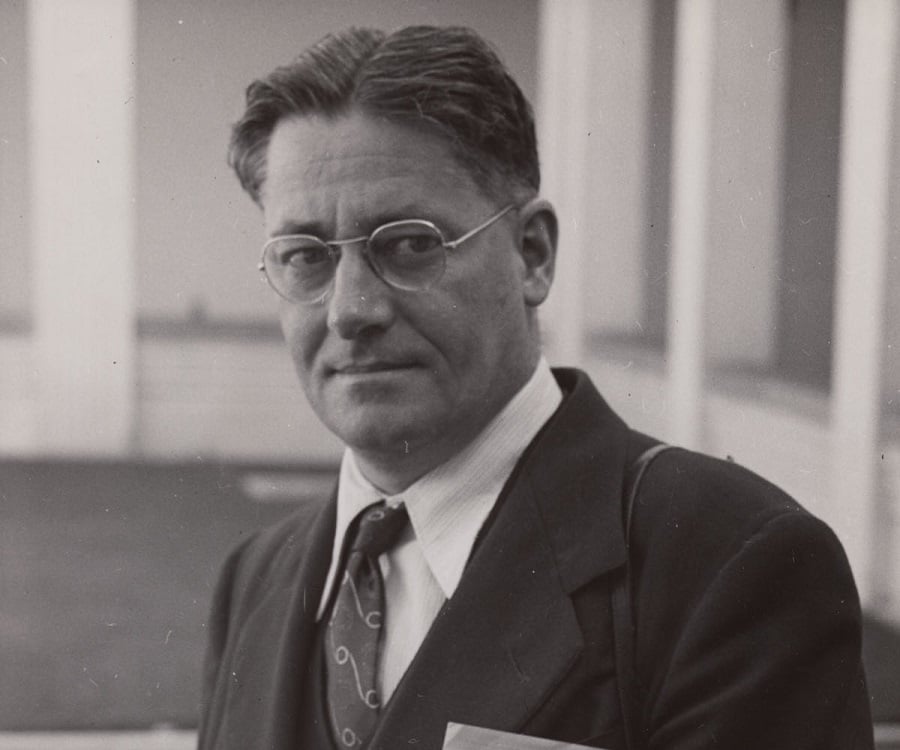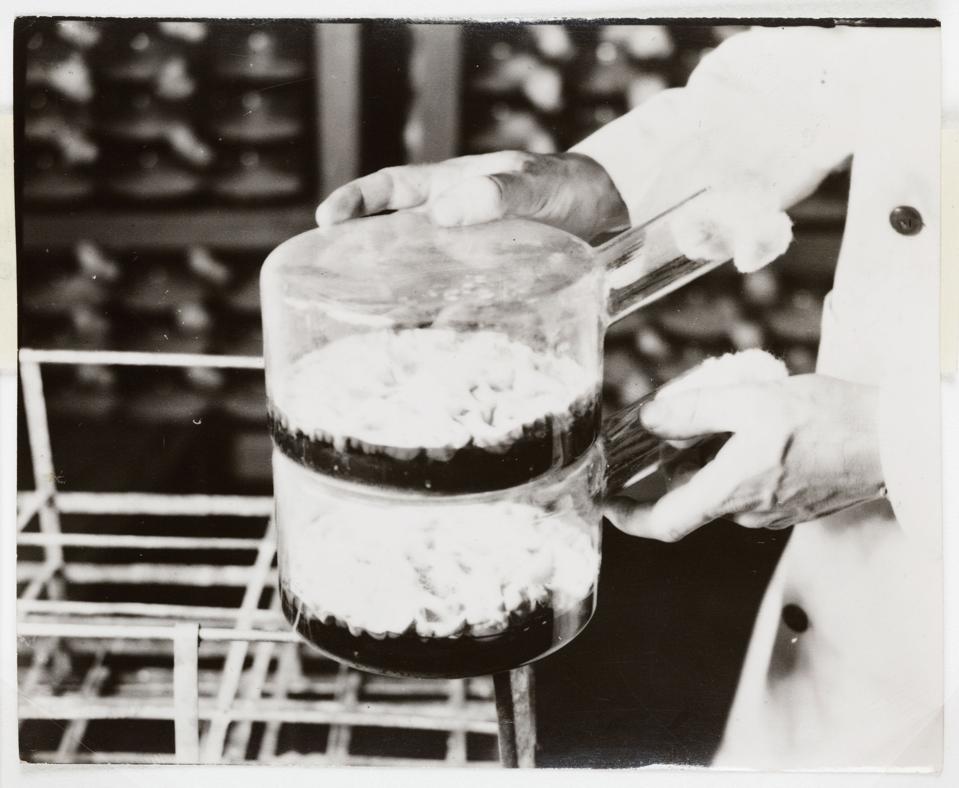Home > Sections > Famous Scientists > Howard Florey
Sir Howard Florey
Life Details
Born: September 24th 1898. Died: February 21st 1968.
Introduction
Sir Howard Florey is famed for working alongside other scientists to purify and make more readily available natural resources like penicillin, which can help to combat infections. He was an Australian pathologist that studied in England.
Early Life
Born in Adelaide, Australia in September 1898, to father Joseph and mother Bertha Mary. Florey spent his early educational years at Adelaide's St Peter's Collegiate School. Florey studied medicine at Adelaide University, where he graduated in 1921. He was later granted a Rhodes Scholarship at Magdalen College, Oxford in 1921, and graduated from here in 1924. He held a teaching post at both Cambridge and Sheffield universities, and was professor of pathology at Oxford.
Accolades
Florey was appointed provost of Queen's College, Oxford in 1962, and chancellor of the Australian National University in Canberra in 1965. He held these poisitons until his death in 1968. He was also appointed president of the Royal Society between 1960 and 1965.
Part of a scientific team that included Sir Alexander Fleming, Ernst Chain and Howard Florey, they worked together to begin mass production of pencillin. Between them, they had discovered that they could isolate lysozyme, the enzyme that helps break down and destroy bacteria. It is usually found in tears and saliva. This led to a study to find other natural occuring antibacterial substances, and concentrated on penicillin.
He demonstrated, along with the others that the curative properties in penicillin meant that it could be used to help fight off infections. This was paramount at the time, as it was during World War Two that this was discovered. It helped the Allies win the war, with people being treated with the newly found production methods they established with the materials, and it became widely used clinically.
In 1945, Florey shared a Nobel Prize with Sir Alexander Fleming and Ernst Boris Chain for his work on penicillin.
Later Life and Death
Howard Florey became a Baron in later life, assuming this new role in 1965.
Florey married Dr. Mary Ethel Hayter Reed in 1926. They met when both were students in Adelaide, and she followed him to England when he moved. He had a son and daughter with her. She played a pivotal part of the pathology team with the first clinical trial of penicillin in 1942. A year after his wife Mary died in 1966, he remarried, this time with Margaret Jennings, who was also a member of his original pathology team. He later died in 1968 of a heart attack.





